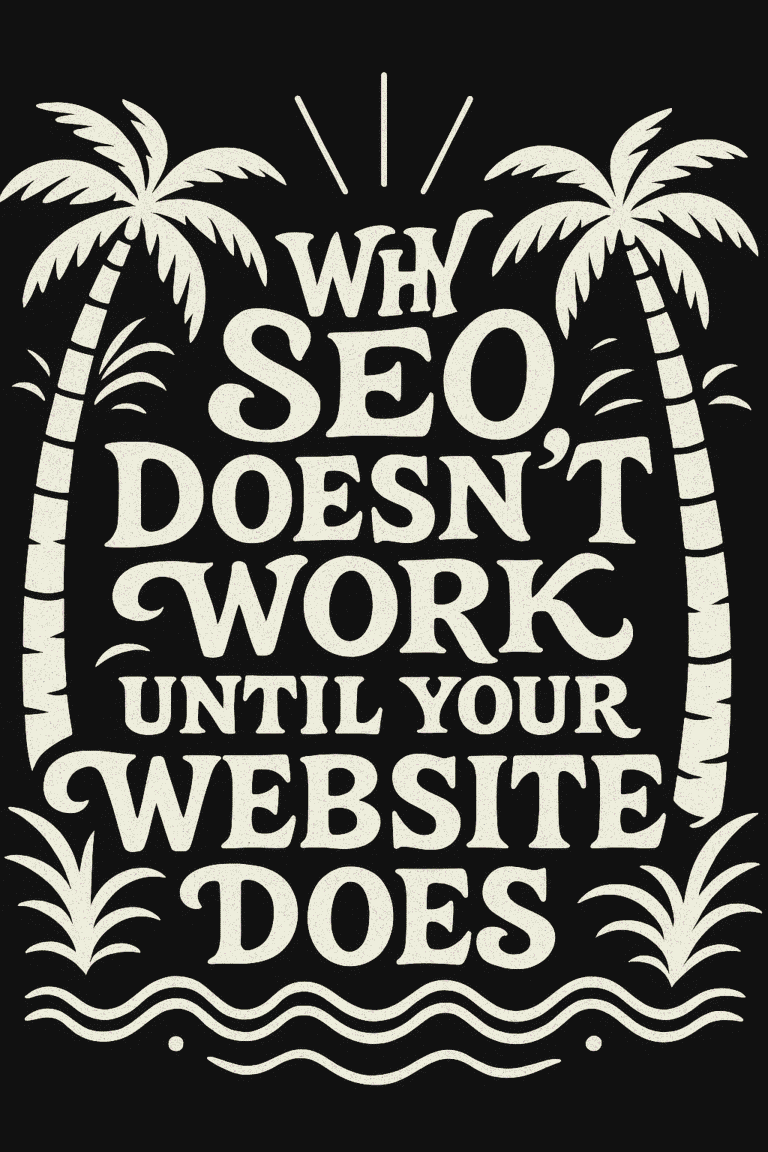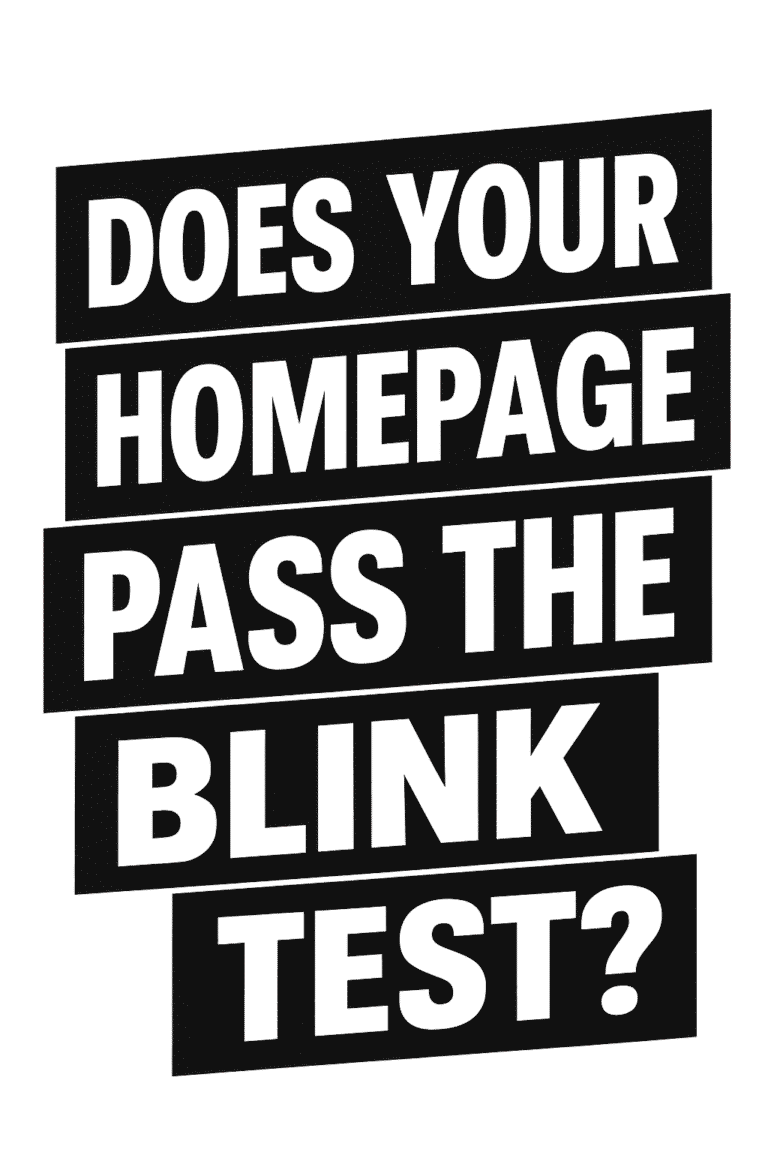
If you’re running a WordPress site, it’s important to make sure that you’re doing everything you can to optimize it for Google rankings. In this blog post, we’ll discuss some of the most important things to keep in mind when optimizing your WordPress site. We’ll cover topics like keyword research, on-page optimization, and link building. By following these tips, you’ll be able to improve your website’s ranking in Google and attract more traffic!
WordPress & Search Engine Optimization (SEO)
One of the great things about WordPress is that it’s fairly easy to optimize for search engines. However, there are still a few things you need to keep in mind if you want your WordPress site to rank well in Google.
Benefits of WordPress and SEO:
- WordPress is easy to use and beginner friendly
- WordPress is great for SEO because it’s easy to optimize your site for Google
- WordPress sites tend to rank well in Google
What is Search Engine Optimization (SEO)?
SEO is the process of optimizing a website for Google search with the goal of earning higher web traffic levels and improving the visibility of the site.
Why is SEO Important?
SEO should be a key part of any digital marketing strategy because it can help you earn higher web traffic levels, improve the visibility of your site, and attract more leads and customers.
Keyword Research
When it comes to SEO, keyword research is one of the most important things you can do. You need to find out what keywords your target audience is searching for and then make sure that you’re using those keywords on your website. There are a few different ways to go about this. You can use a tool like Google AdWords Keyword Planner or semrush.com to find keywords that are relevant to your business.
Using Keywords on Your WordPress Website
Once you’ve found some good keywords, you need to start using them on your website.
Meta Descriptions:
The meta description is the short description that appears under your website’s URL in the search results. This is your chance to grab the searcher’s attention and tell them what your website is about. Make sure that your meta descriptions are interesting and include your target keywords.
Title Tags:
The title tag is the text that appears in the search results as the title of your website. This is one of the most important places to use your target keywords, as it’s one of the first things that searchers will see.
Header Tags:
Header tags are used to structure the content on your website. They help Google understand what your page is about and can be a factor in your rankings. Make sure to use your target keywords in your header tags!
Body Content:
Of course, the actual content on your page is also important. Make sure to include your target keywords throughout your body content, but don’t overdo it. Google will penalize you if you stuff too many keywords into your content. A good rule of thumb is to use your keywords in about one to two percent of your content.
Engaging Content:
In addition to using keywords, it’s also important to make sure that your content is engaging and informative. Google wants to show searchers the best possible results, so they’re more likely to rank websites with high-quality content. So, make sure that your content is well-written and provides value to the reader!
Long-Form vs. Short-Form Content:
There’s been a lot of debate in the SEO community about whether long-form or short-form content is better. The truth is that both have their advantages and it really depends on your audience and what type of content they’re looking for. If you’re not sure which to choose, try experiment with both and see what works better for your business.
Link Building
Link building is the process of getting other websites to link to your website. This is important because it helps improve your website’s authority and can be a factor in your Google rankings. There are a few different ways to build links, but some of the most effective methods include guest blogging and directory submissions.
Guest blogging:
Guest blogging is a great way to build links and improve your website’s authority. Find websites in your industry that accept guest blog posts and write an article for them. Make sure to include a link back to your website in the article or in your author bio.
Directory submissions:
Another great way to build links is to submit your website to directories. There are a lot of different directories out there. You can also hire an SEO company to help you submit your website to online directories.
Search Intent:
When you’re optimizing your website for Google, it’s important to keep search intent in mind. This is what the searcher is looking for when they type in a particular keyword. For example, if someone searches for “buy shoes online,” they’re probably looking to purchase shoes from an online store. If you’re a brick-and-mortar store, you’re not going to rank for this keyword. So, make sure that you’re targeting keywords that are relevant to your business and that match the searcher’s intent.
Types of Search Intent:
There are four main types of search intent: navigational, informational, commercial, and transactional.
- Navigational intent is when the searcher is looking for a specific website or brand. For example, if someone searches for “Facebook,” they’re probably looking to visit the Facebook website.
- Informational intent is when the searcher is looking for information on a particular topic. For example, if someone searches for “how to bake a cake,” they’re probably looking for a recipe or some tips on baking a cake.
- Commercial intent is when the searcher is looking to buy something. For example, if someone searches for “online clothes shopping,” they’re probably looking to purchase clothes from an online store.
- Transactional intent is when the searcher is ready to buy something. For example, if someone searches for “buy shoes online,” they’re probably looking to purchase shoes from an online store.
Local SEO:
If you have a brick-and-mortar business, then you need to make sure that you’re doing local SEO. This is the process of optimizing your website for local searches. For example, if you’re a pizza shop in Los Angeles, you want to optimize your website for the keyword “pizza Los Angeles.”
To do this, you need to claim your business listing on Google My Business and make sure that all of your information is accurate. You should also include your business address, phone number, and hours of operation on your website.
You can also get involved in local directories and online communities. This will help you build links and improve your visibility in the local search results.
Mobile Optimization:
Another important ranking factor is mobile optimization. This is the process of making sure that your website is accessible and easy to use on mobile devices.
To do this, you need to make sure that your website is responsive and that all of your content is easily viewable on a small screen. You should also include a click-to-call button so that mobile users can easily call your business.
Speed:
Another important ranking factor is speed. Google wants websites to load quickly, so they give preference to faster websites.
To improve your website’s speed, you need to make sure that your images are compressed and that your code is clean and well-organized. You can also use a content delivery network (CDN) to improve your website’s loading time.
Refresh Content:
Another tip is to refresh your content on a regular basis. Google loves fresh content, so if you can add new articles, blog posts, or products on a regular basis, you’ll see a big improvement in your rankings.
WordPress Plugin for SEO:
SEO Framework:
The SEO Framework is a popular WordPress plugin that can help you with your on-page optimization. It allows you to easily add title tags, meta descriptions, and alt text to your images.
It also has a feature that will automatically generate an XML sitemap for you. This is a file that helps Google index your website properly.
All in One SEO Pack:
All in One SEO Pack is another popular WordPress plugin that can help you with your on-page optimization. It includes features like title tags, meta descriptions, and keyword research.
It also has a feature that will automatically generate an XML sitemap for you. This is a file that helps Google index your website properly.
Yoast SEO:
Yoast SEO is a popular WordPress plugin that can help you with your on-page optimization. It allows you to add title tags, meta descriptions, and alt text to your images.
It also has a feature that will help you optimize your website for specific keywords. This is a great way to improve your website’s ranking for the keywords that you’re targeting.
Track Data:
It’s important to track your data and see how your SEO efforts are paying off. You can use Google Analytics to track things like website traffic, conversion rates, and which keywords are driving the most traffic to your site. This will help you fine-tune your SEO strategy and make sure that you’re on the right track.
Final Thoughts
If you’re looking to improve your website’s ranking in Google, it’s important to follow the tips we’ve outlined in this blog post. By optimizing your site for keywords, on-page elements, and links, you’ll be able to attract more traffic and boost your sales. At Graticle, our team of experts can help you implement these strategies and improve your website’s ranking. Contact us today to learn more about how we can help! (360) 450-3711
—
WordPress SEO Frequently Asked Questions:
How often should I refresh my content?
You should aim to refresh your content on a regular basis. Google loves fresh content, so the more often you can add new articles, blog posts, or products, the better.
What is an XML sitemap?
An XML sitemap is a file that helps Google index your website properly. It’s a good idea to generate one for your site and submit it to Google Search Console.
How do I track my data to see how my SEO efforts are paying off?
You can use Google Analytics to track things like website traffic, conversion rates, and which keywords are driving the most traffic to your site. This will help you fine-tune your SEO strategy and make sure that you’re on the right track.
At Graticle, our team of experts can help you implement these strategies and improve your website’s ranking. Contact us today to learn more about how we can help! (360) 450-3711. We look forward to hearing from you!





